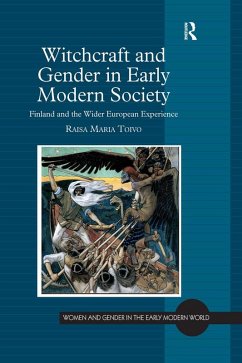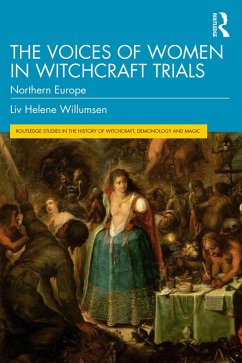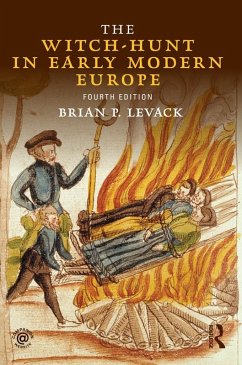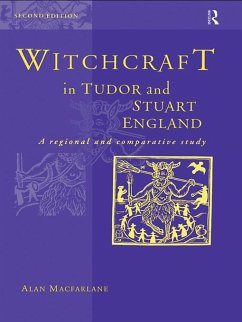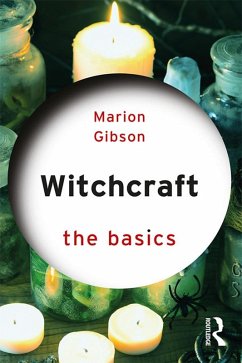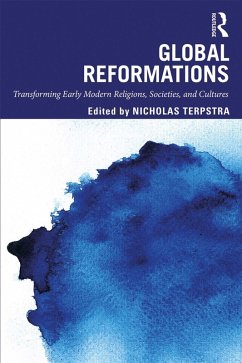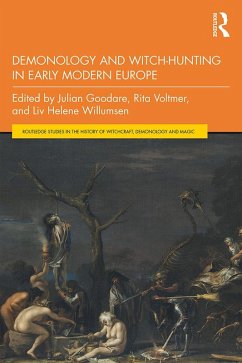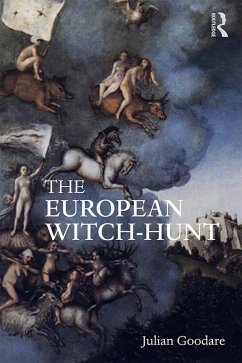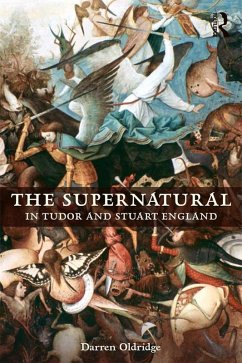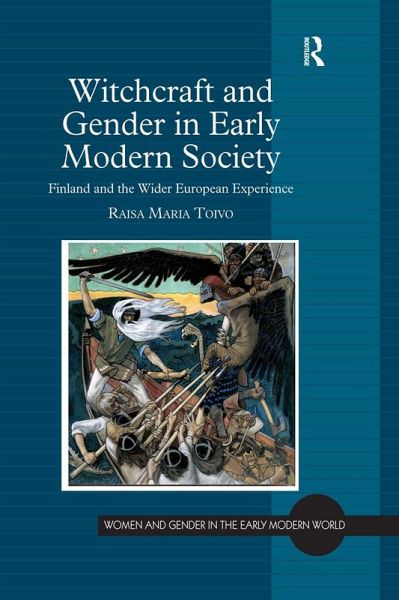
Witchcraft and Gender in Early Modern Society (eBook, PDF)
Finland and the Wider European Experience
Versandkostenfrei!
Sofort per Download lieferbar
42,95 €
inkl. MwSt.
Weitere Ausgaben:

PAYBACK Punkte
21 °P sammeln!
How could a woman be three times accused of witchcraft and go on running a successful farmstead? Why would men use a frying pan for cattle magic? Why did witches keep talking about the children? What kind of a relation did Finnish witches have with authority and power? These are among the questions Raisa Maria Toivo addresses in this study, as she explores the gender implications of the complex system of household management and public representation in which seventeenth-century Finnish women and men negotiated their positions. From specific case studies, Toivo broadens her narrative to includ...
How could a woman be three times accused of witchcraft and go on running a successful farmstead? Why would men use a frying pan for cattle magic? Why did witches keep talking about the children? What kind of a relation did Finnish witches have with authority and power? These are among the questions Raisa Maria Toivo addresses in this study, as she explores the gender implications of the complex system of household management and public representation in which seventeenth-century Finnish women and men negotiated their positions. From specific case studies, Toivo broadens her narrative to include historiographical discussion on the history of witchcraft, on women's and gender history and on early modern social history, shedding new light on each theme. Toivo contributes to the on-going discussion in the European historiography about whether the early modern period witnessed an improvement, decline, or simply alteration in the conditions of oppression of women within patriarchal households by using a multidimensional set of roles that could be adopted by women. Finally, she demonstrates convincingly that members of the solid peasant class were not only subject of the newly forming states, but also avid users of the court system, which they manipulated and put to work in the interests of their own individual, household, and collective affairs.
Dieser Download kann aus rechtlichen Gründen nur mit Rechnungsadresse in A, B, BG, CY, CZ, D, DK, EW, E, FIN, F, GR, HR, H, IRL, I, LT, L, LR, M, NL, PL, P, R, S, SLO, SK ausgeliefert werden.




